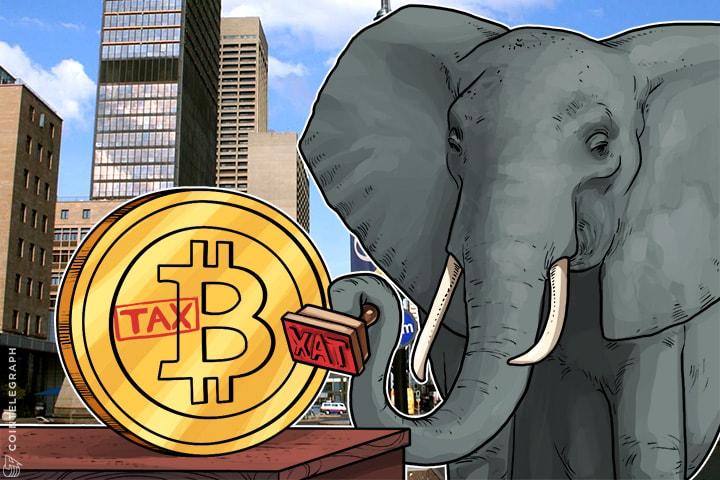Bitcoin exchanges in South Africa including Luno, one of the most widely utilized trading platforms in the country, stated that Bitcoin earnings are taxable in South Africa. When trading, the exchange suggested users consult registered tax professionals to ensure that they are compliant with South African regulations.
Should the tax on Bitcoin be eliminated?
Most countries that have fully adopted and regulated Bitcoin such as Japan have eliminated the tax on Bitcoin trading. On April 1, Japan officially declared Bitcoin’s exemption from consumption tax and eliminated the possibility of double taxation on trading. Recently, the Australian government also exempted Bitcoin trading from goods and services tax (GST).
“The Government has released a consultation paper on changing the GST treatment of digital currencies. This change will ensure that consumers are no longer ‘double taxed’ when using digital currencies to buy goods and services already subject to GST,” read the 2016 - 17 Budget Report of the Australian government.
In South Africa, however, Bitcoin trading is subjected to general principles of South African tax law. The South African Revenue Service stated that transactions or speculation in Bitcoin are subject to tax and should be taxed accordingly. The government institution further emphasized that it is the responsibility of both citizens and residents of South Africa to report relevant details to the South African Revenue Service.
Former BitX Product Design Director and Blockchain investor Simon Dingle also stated that Bitcoin trading in South Africa could trigger a capital gains event and encouraged traders and investors to consult tax professionals before trading on South African exchanges.
“It may trigger a capital gains event, or could qualify as income for active traders. All assets are treated equally in terms of tax,” said Dingle.
More to that, income received in Bitcoin and other digital currencies are taxed as conventional income tax. It is still unknown whether double taxation applies and, as a result, if users are subject to both income tax and capital gains tax.
Additionally, Luno Head of Growth Werner van Rooyen stated that various factors could impact taxation on Bitcoin transactions and trading depending on the situation of users.
Rooyen stated:
”There are various factors that could impact taxes an individual owes to the tax authorities, The short answer is that all income is taxable in South Africa and it is the responsibility of individuals to remain tax compliant.”
Regulations and taxation policies
The Australian Treasury changed its regulations and taxation policies on Bitcoin after seeing a sharp decline in interest in Bitcoin and other digital currencies in the country. Exchanges that used to operate in the country have left Australia to other Bitcoin-friendly regions such as Singapore and Hong Kong.
For that reason, the Australian Treasury removed the double taxation of Bitcoin. As its report read:
“For digital currency, the current treatment under the GST means that consumers are ‘double taxed’ when using digital currency to purchase anything already subject to GST. The Government recognises that this treatment may be preventing the use of digital currencies and hindering their further development.”
Aggressive taxation policies on Bitcoin could also result in a delayed andlimited growth for the South African exchange market and Bitcoin industry. The South African government must consider the effect of double taxation and clarify the taxation policies that apply to Bitcoin and digital currencies.


